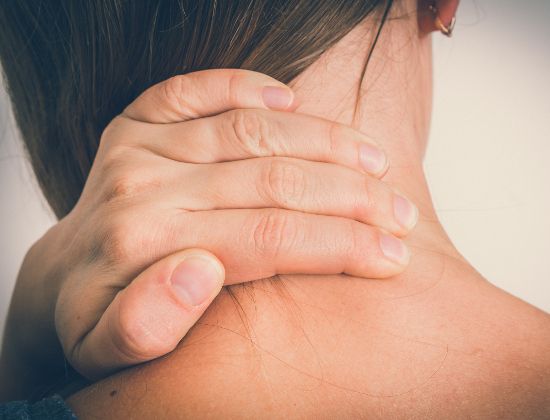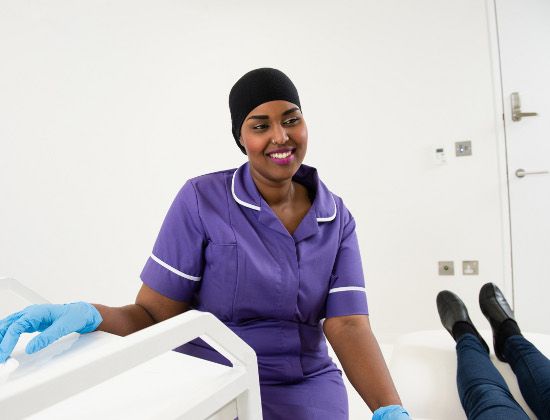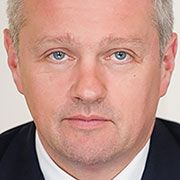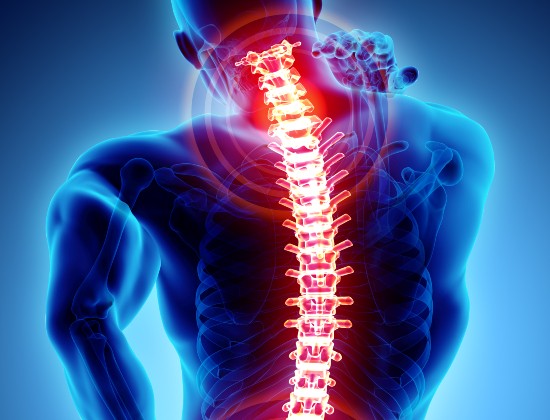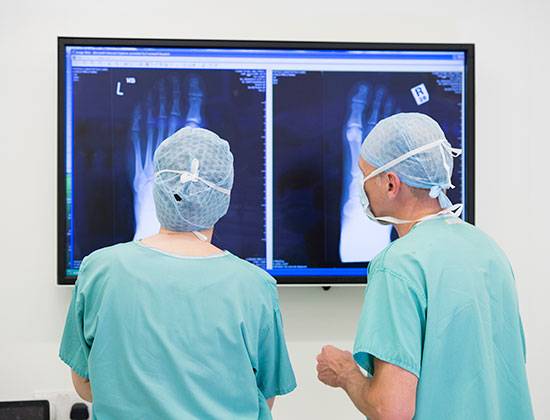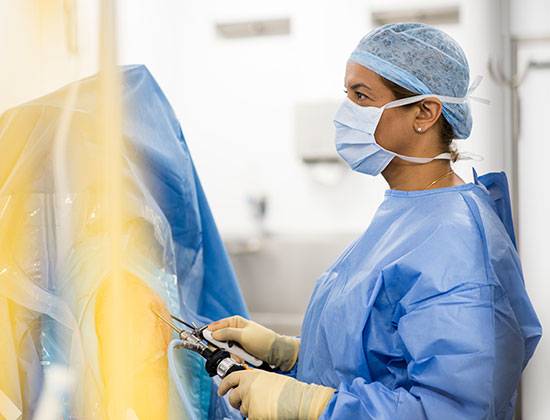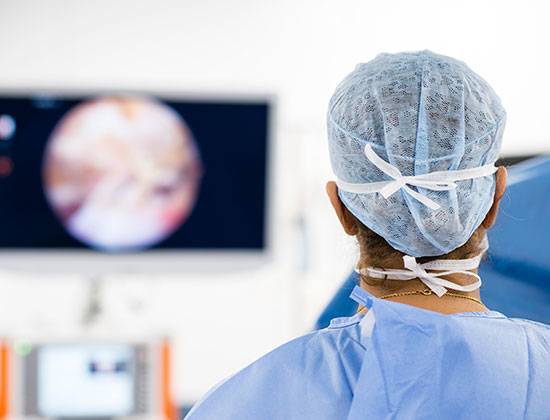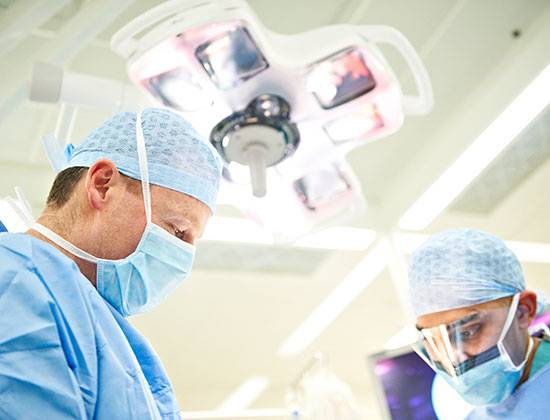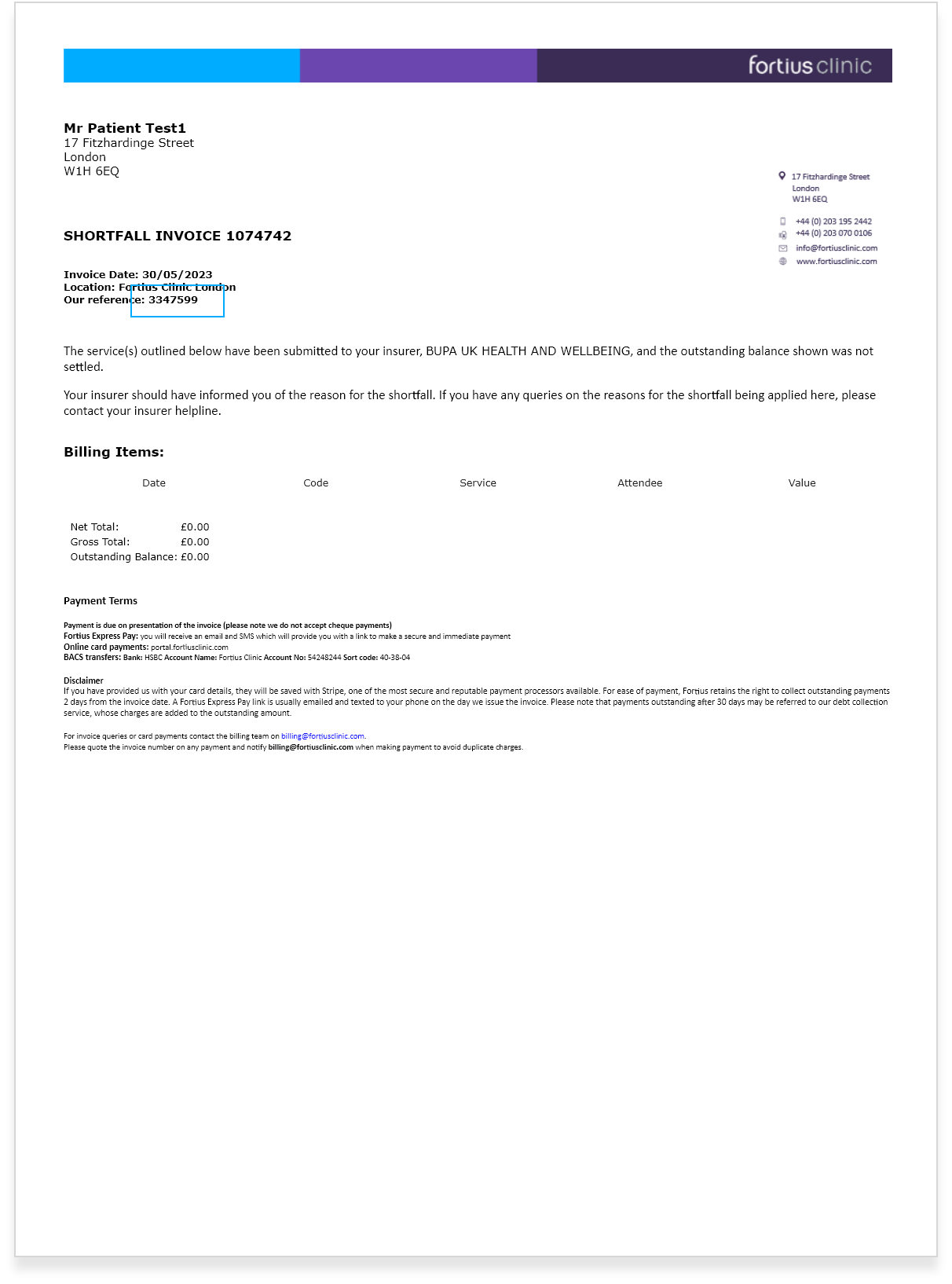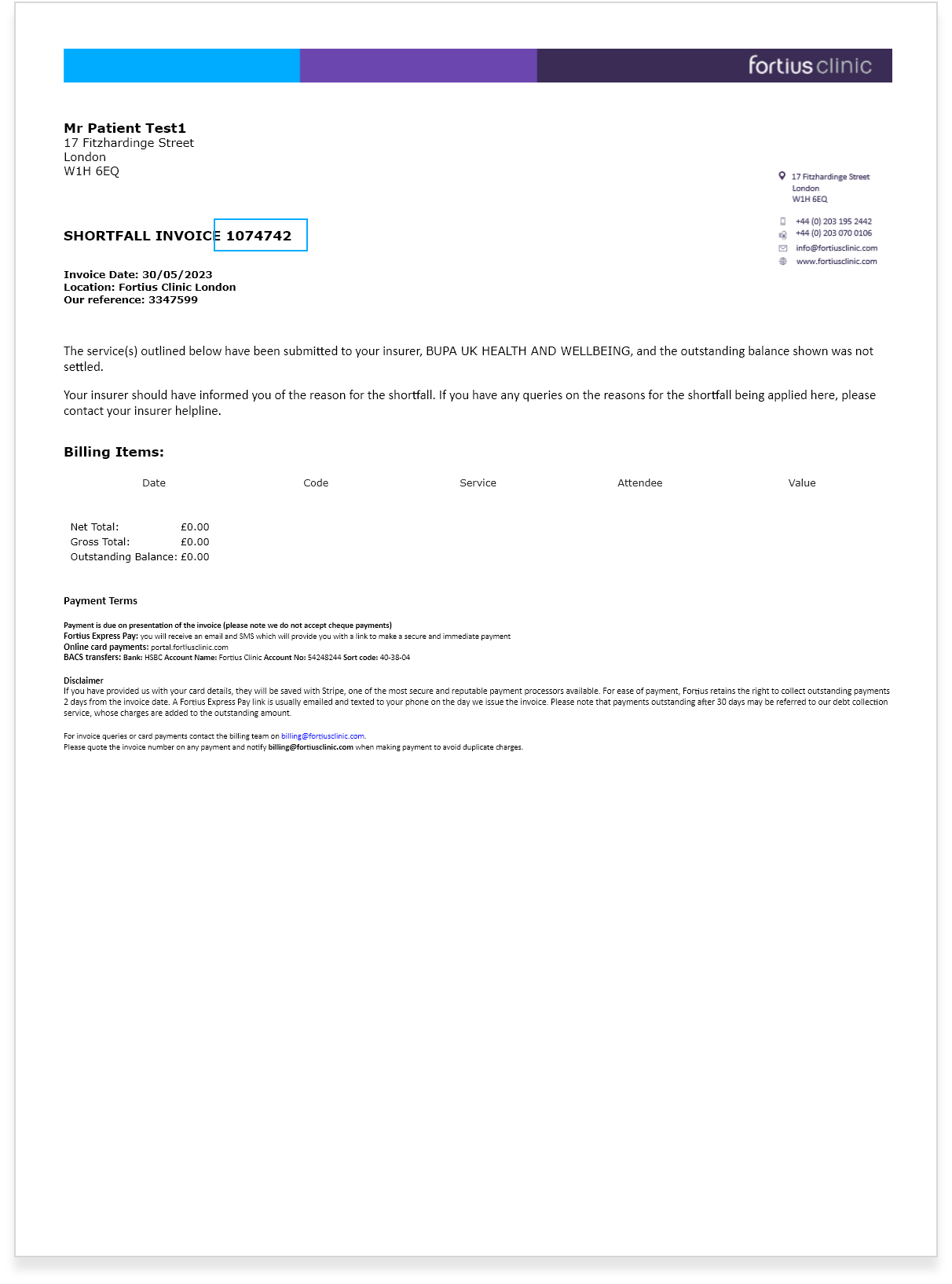Neck Pain
The neck (also called the ‘cervical spine’) consists of seven vertebrae which link the upper body to the base of the skull. It’s supported by ligaments and muscles, which allow it to move freely and bear the weight of the head, but it can easily be injured.
In most cases, neck pain heals without the need for treatment; however, in cases where it’s caused by an injury, or as a result of spondylosis (disc degeneration), pressure may be put on a nerve causing neck pain, numbness, and/or weakness; or on the spinal cord causing weakness in the legs.
Causes
There are a number of reasons why you may have neck pain. These include:
- Injuries: the flexibility of the neck makes it more likely to be injured. An injury may be caused by a car accident; diving; falling; or contact sports. Most neck injuries result in a sprain (a soft-tissue injury to the muscles and ligaments); however, more serious injuries can cause a dislocation or cervical fracture (broken neck), potentially damaging the spinal cord
- Spondylosis: wear and tear over a number of years, usually affecting people over 40, which often results in a slipped disc
- In rare cases, neck pain can be caused by a spinal infection
- Stress: keeping your muscles tense for long periods of time can cause neck pain
- Using a computer keyboard: it’s important to get up and stretch regularly to avoid neck pain
When should you see a doctor?
- If you have severe neck pain after an injury or you have pain or numbness in your arms or legs, you should always see a doctor as soon as possible. After an accident, the neck is normally immobilised by a healthcare professional straight away to prevent further damage
- If you haven’t had an injury but have constant neck pain, especially if it travels down your arms or legs and you also have a headache, you should see a doctor as soon as possible
Important: This information is only a guideline to help you understand your treatment and what to expect. Everyone is different and your rehabilitation may be quicker or slower than other people’s. Please contact us for advice if you’re worried about any aspect of your health or recovery.
